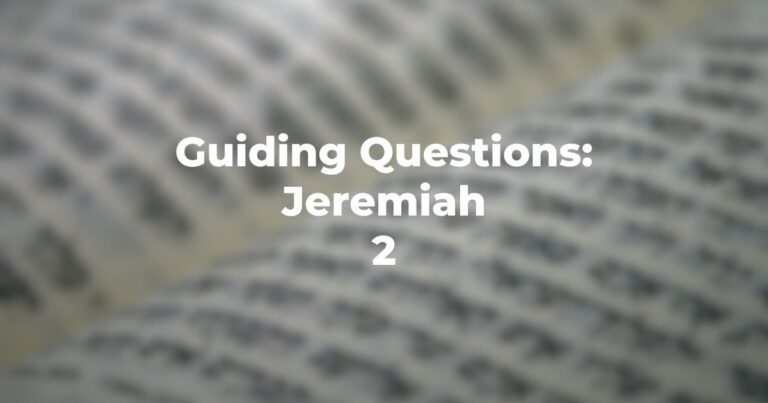- Why are tzitzit on the “knaph” and not, for example on the neckline?
- Are the tzitzit intended for a special garment or every garment?
- Are the tzitzit a temporary or permanent measure; and in either case—why?
- Do the words “layv” and “eyna’yim” mean these specific organs or is this a “merism” to include thought and all the senses? (“Layv” is understood as the seat of thought; “kaveyd”, the liver, as the seat of emotions—as understood in those days.)
- What specific purpose does TorahRefers to the first five books of the Hebrew Bible, the Tanakh, also called the Five Books of Moses, Pentateuch or the Hebrew equivalent, Humash. This is also called the Written Torah. The term may also refer to teachings that expound on Jewish tradition. Read more set down for the tzitzit?
- Does Torah indicate what will happen if the tzitzit are not provided?
- Is there any explanation for the “petil tekheylet”, the blue strand?
- Does Torah seem to accept sense perception as the best measuring rod of reality?
- What might (does) the repetition in Numbers 15:41 communicate?
- Is there a self-evident reason for placing this entire passage at this point instead (for example) at Sinai?
- Is the specific detail of how the tzitzit will look set down?
- Does this passage, then, indicate that the Israelites need constant reminders of their lifestyle (so that the food regulations are helpful but not sufficient)?
- Is the mnemonic device that which is always at hand?
- Is the purpose of tzitzit “magic”; does it offer any protection; is it made of any but natural substance?
- According to Numbers 15:39, are individual conclusions about lifestyle and the seduction of the senses to yield to (ranked inferior to) the Brit legislation (mitzvot)?
- And, according to Numbers 15:39, since the Israelites could not be impervious to the attraction of “alternate lifestyles” (they are neither saints nor supermen), are persistent reminders essential?
- Does this section affirm free will? Does Divinity “miraculously” change human nature so that it cannot go astray—or, put otherwise, are tzitzit a guarantee or an aid and, when all is said and done, can even an omnipresent reminder be disregarded?
Author
-

Exploring Judaism is the digital home for Conservative/Masorti Judaism, embracing the beauty and complexity of Judaism, and our personal search for meaning, learning, and connecting. Our goal is to create content based on three core framing: Meaning-Making (Why?), Practical Living (How?), and Explainers (What?).
View all posts




